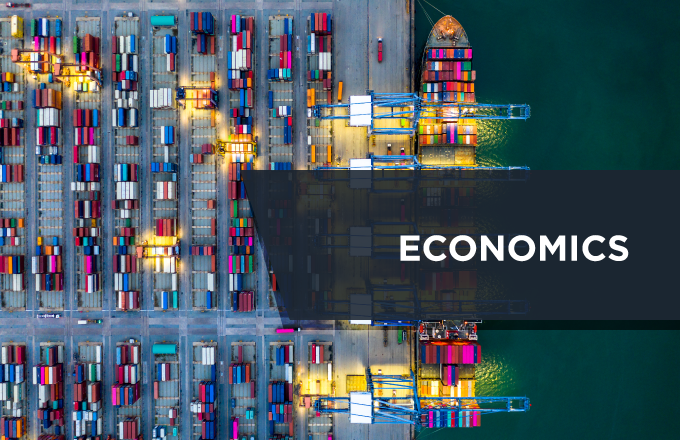Profit-shifting Frictions and the Geography of Multinational Activity
Dr Alessandro Ferrari
Assistant Professor
University of Zurich
International tax rules are commonly viewed as obsolete as multinational corporations
exploit loopholes to move their profits to tax havens. This paper uncovers how international
tax reforms can curb profit shifting and impact real income and welfare across nations. We
build a model of international corporate tax avoidance under imperfect competition that
disentangles profits that stem from real economic activity from paper profits that are
booked in tax havens. Our framework delivers a set of “triangle identities” through which
we recover bilateral profit-shifting flows using publicly available data. Key to our results,
we find an elasticity of paper profits that is three times larger than the elasticity of the
tax base. In our quantitative model, a global minimum tax increases welfare by inducing
higher tax revenues and the public good provision. Further, it encourages countries to
raise their statutory corporate tax rates as it effectively reduces tax competition. Instead,
a border-adjustment tax that eliminates profit shifting could result in welfare losses.



















